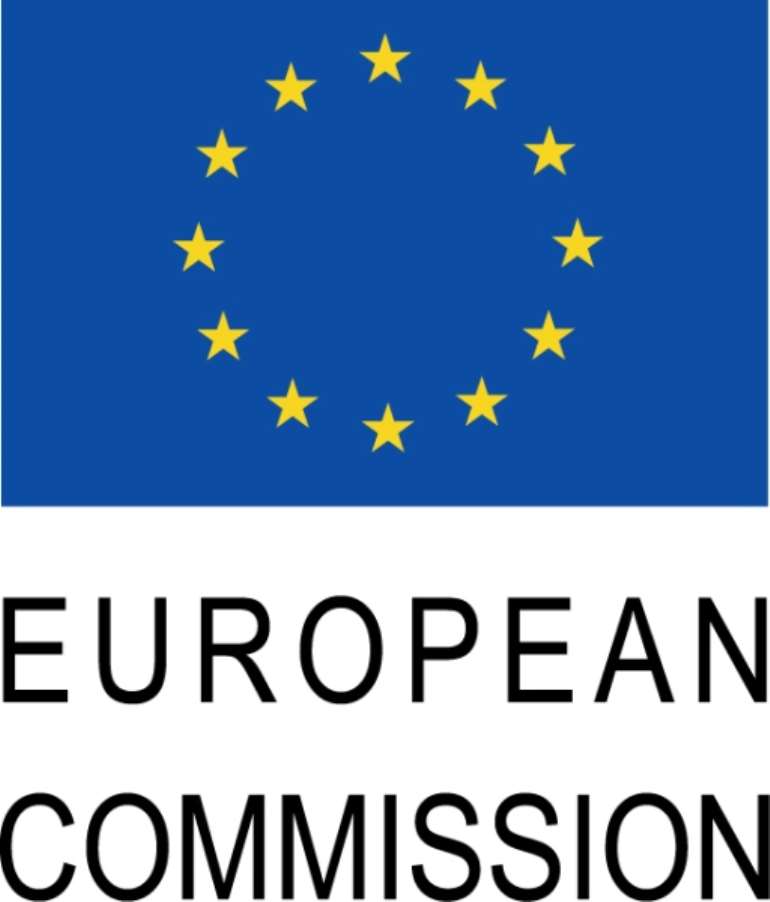EU to support infrastructure development in South Africa and the region

BRUSSELS, Kingdom of Belgium, July 17, 2013/African Press Organization (APO)/ -- Ahead of the EU-South Africa Summit to take place on July 18 in Pretoria (South Africa), the European Union has approved a ground-breaking €100 million programme to support infrastructure development, through an innovative grant-loan blending mechanism, for South Africa and the region.
The Infrastructure Investment Programme for South Africa will be used to leverage investments from development finance institutions in areas identified by the country itself which were in deep need of financing.
EU grants will support a range of activities, including technical assistance for the preparation, management and implementation of projects, as well as direct grants to co-finance capital expenditure of infrastructure projects. This would make possible, for example, support for projects in the South African energy sector, as well as regional road and rail projects to improve trade possibilities between South Africa and its neighbours.
Recognising improved infrastructure as vital to bettering peoples' lives, EU Development Commissioner Andris Piebalgs, who is going to attend the EU-South Africa Summit, stated: “Improving infrastructure is key to the development of any country. South Africa is currently held back by its infrastructure, which restricts people's access to health, education and job opportunities. By taking an innovative approach, our new support programme will help to significantly boost trade in the region and get the country on the road to further growth”.
The programme is expected to contribute to increased infrastructure investments in South Africa and the region, notably in transportation and logistics, energy, water/environment, information, communication and technology (ICT) and social infrastructure.
South Africa's National Development Plan, which sets out the long term development objectives for the country, highlights the need to strengthen the country's and region's infrastructure, through reduced transportation costs, better rail, road and port networks and more diversified energy resources.
Background
The European Union's support programme for South Africa (2007-2013), with its overall objective of reducing poverty and inequality, amounts to €980 million. In line with this, a wide range of EU-funded programming takes place - aside from interventions in the more traditional developmental areas of education and health, the EU supports actions in line with government priorities including youth development, job creation, and now infrastructure development.
The Infrastructure Investment Programme for South Africa will involve close cooperation between the Development Bank of Southern Africa and European development finance institutions; namely, the European Investment Bank (EIB), Kreditanstalt für Wiederaufbau (KfW) and Agence Française de Développement (AFD).
